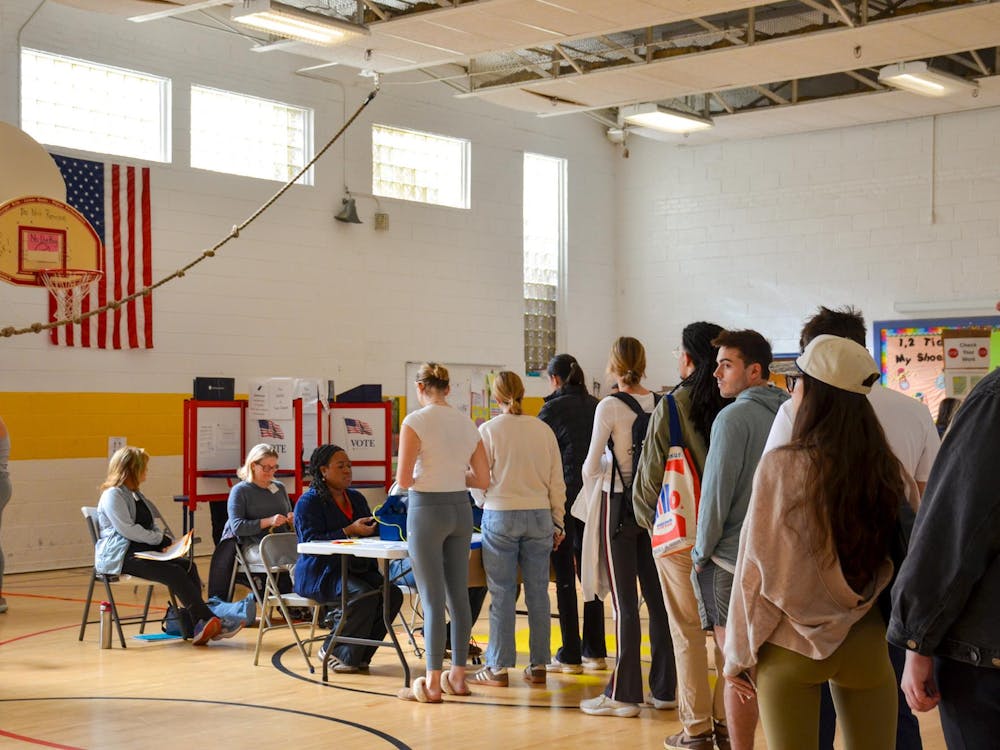College and high school students now have a new way to keep track of important deadlines, following the recent launch of a free, nationwide master calendar and information system for higher education institutions.
More than 1,500 four-year colleges and universities, including the University, are now involved with the “College Life is Cool” Web site, www.theclic.net, which provides students, high schools, colleges and community programs access to information about scholarships, financial aid and application deadlines, according to CLIC network CEO Donna Michelle Anderson.
“The CLIC is a useful resource for students because it allows them to access information about any college from just one Web site,” she said.
The site is also useful, Anderson said, because it helps students judge and compare different aspects of the college application process, from scholarships and financial aid packages to the individual schools themselves.
“It’s easier to compare [schools],” Anderson said. “Students can use their time to explore instead of to do research.”
With so many opportunities at different colleges and universities, finding the right information can often be difficult and overwhelming, Dean of Admissions John Blackburn said. He said the CLIC should help students identify and consolidate this information.
According to Anderson, though, The CLIC network is not just about providing admissions and scholarship information for students and allowing them to learn more about different schools. She said it is also intended to make the world of college admissions more equal, providing high school students with a free, detailed informational tool that is financially accessible for everyone, not just those who can hire a private counselor.
Not all high-school guidance counselors are created equal, Anderson said, pointing out that “some schools are overwhelmed with around 400 kids per counselor.”
Similarly, Blackburn said the University saw value in the CLIC for this same reason.
“Whatever we can do to help students who don’t have good [high school] counseling helps the whole country,” Blackburn said.
Though similar online networks are available, Blackburn said, the CLIC stands out because it is free and easily accessible.
“The next step is to get more students to use it,” he said.
The CLIC is still an evolving resource, Anderson explained. Improving the site has been a collaborative process between users and those who run the site.
“We get a lot of feedback.” Anderson said. “Students, community programs, and schools tell us what they need, what we can make easier and better. It’s been very helpful for us.”
In the future, Anderson said, the CLIC plans to expand its network with resources for students applying to graduate schools.






